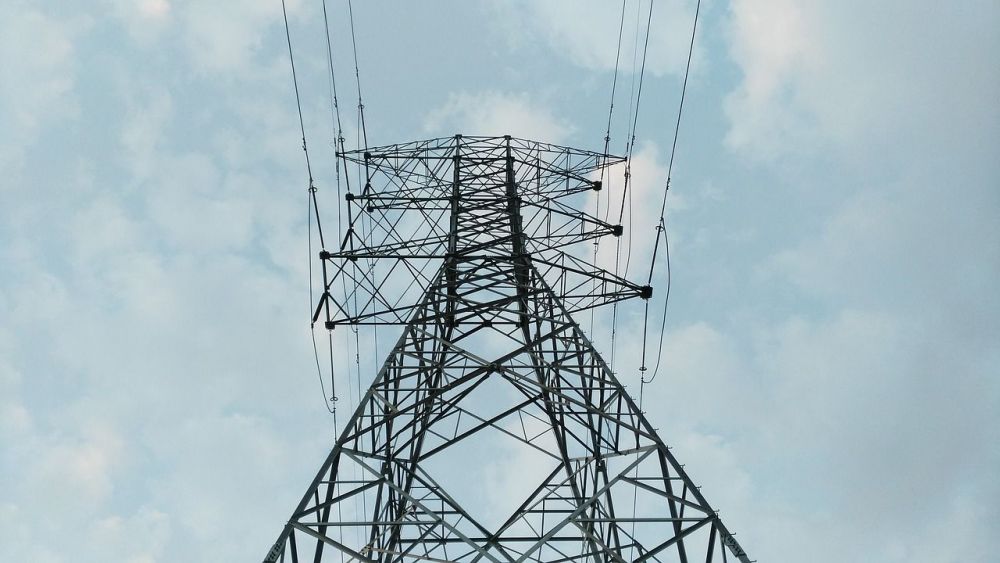London pioneers the city’s first ‘virtual power station’
A new ground-breaking project which pays households to store energy to power the grid during peak times begins in South London.

A new ground-breaking project which pays households to store energy to power the grid during peak times begins in South London.
Selected households in St. Helier, London are to be provided with batteries courtesy of government-backed company, Powervault, to help support the cities electricity grid with peaks in winter demand and reduce carbon emissions.
In 2018, initial trials saw a reduction in household evening peak electricity demand by 60% and helped in cutting carbon emissions from electricity by 20% across the 45 households which took part.
Sponsored by the government, Powervault, is now working on a second commercial contract in South-London. The project will see selected households being able to buy electricity when it’s cheapest with the ability to store it for when grid prices are typically more expensive, helping to lower household electricity bills.
The contract has been praised by Energy and Clean Growth Minister Kwasi Kwarteng as part of the UK’s mission to cut emissions: “These smart batteries are part of the UK’s green revolution, with the government investing more than £3 billion in low carbon innovation, as we aim to end our contribution to climate change entirely by 2050.”
The innovative scheme will work with energy suppliers and network operators to reduce dependency on fossil fuels by shifting away energy demands from peak times. It is hoped by the government that this flexibility will help enable the roll-out of electric vehicles whilst accelerating the UK’s transition towards a decentralised low-carbon energy network.
Studies from Imperial College London suggest that greater electricity system flexibility using batteries such as those from Powervault, could save the UK £17 billion and £40 billion by 2050.
CEO of Powervault, Joe Warren said: “Our vision is that Powervault will become as commonplace as a washing machine or dishwasher, allowing clean, zero carbon energy to be stored in the home for when it is needed most.”
“In this way we can make the grid more resilient, allowing more electric vehicles and heating systems to be installed, and reducing carbon emissions and energy costs.”






